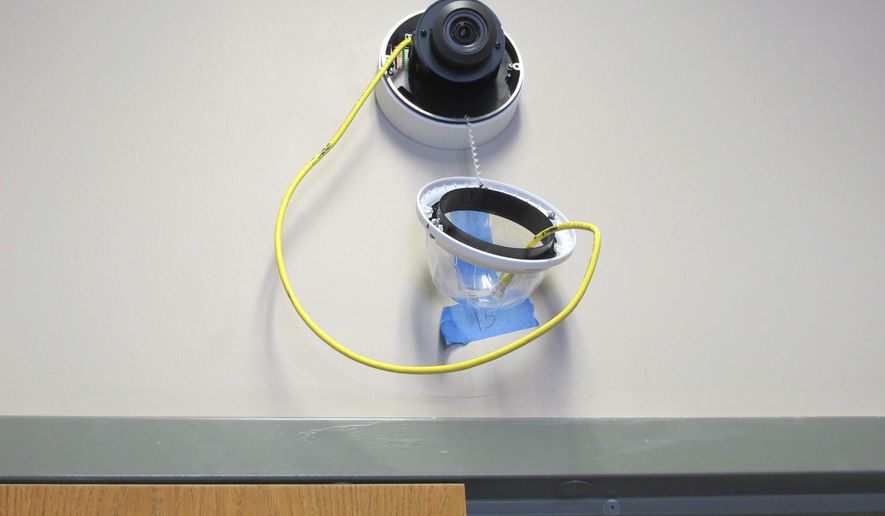OPINION:
Imagine a day when applying for a job doesn’t just include a personality test, but also a facial recognition scan that seeks to determine a new-hire’s workplace suitability by analyzing features for trustworthiness, likability and emotional stability.
Could you pass the test? More to point: Would you even want to take such an intrusive, privacy-invading test?
But this day is right around the corner.
Facial scanning is already making headway in the nation’s schools. And 14 percent of businesses now use facial recognition for authentication purposes at work, according to a recent evaluation from the information technology online forum, Spiceworks. It’s only a short hop and skip to adapt this A.I. for other applications.
So why not human resources, to help shorten what research firm Glassdoor recently found was a 23-day average hiring time for American workers?
Of course, there are privacy and legal concerns to consider. Microsoft president and chief legal officer Brad Smith, for instance, just called for federal regulation of facial recognition technology out of concerns for abuse.
“All tools can be used for good or ill,” he wrote in a blog post. “Even a broom can be used to sweep the floor or hit someone over the head.”
That’s so true. But A.I. is a fast-moving ship that’s already sailed — a Pandora’s Box that’s already opened. It’s going to be difficult, if not impossible, to reel in what’s already developed and in use.
As a warning of where the face scanning could all lead comes Biometric Mirror, an A.I. program that takes facial photos and rates them for 14 characteristics, including happiness, commonness, responsibility, attractiveness, sociability, introversion, aggressiveness, emotional stability and, get this, weirdness.
The “mirror” derives its ratings — low, average, high — based on the collection of thousands of photos of human faces that were first assessed and rated by people.
Biometric Mirror’s lead researcher, Niels Wouters, said he wants the system to serve as a discussion platform for future technological developments.
“What if you look quite aggressive one day and that will be sent on to a future employer and that will automatically exclude you from management positions,” he said, Australian Broadcasting Corporation reported. “Technically, this is all really, really possible.”
Possible, yes — and just the beginning of where facial scanning will go.
• Cheryl Chumley can be reached at cchumley@washingtontimes.com or on Twitter, @ckchumley.




Please read our comment policy before commenting.